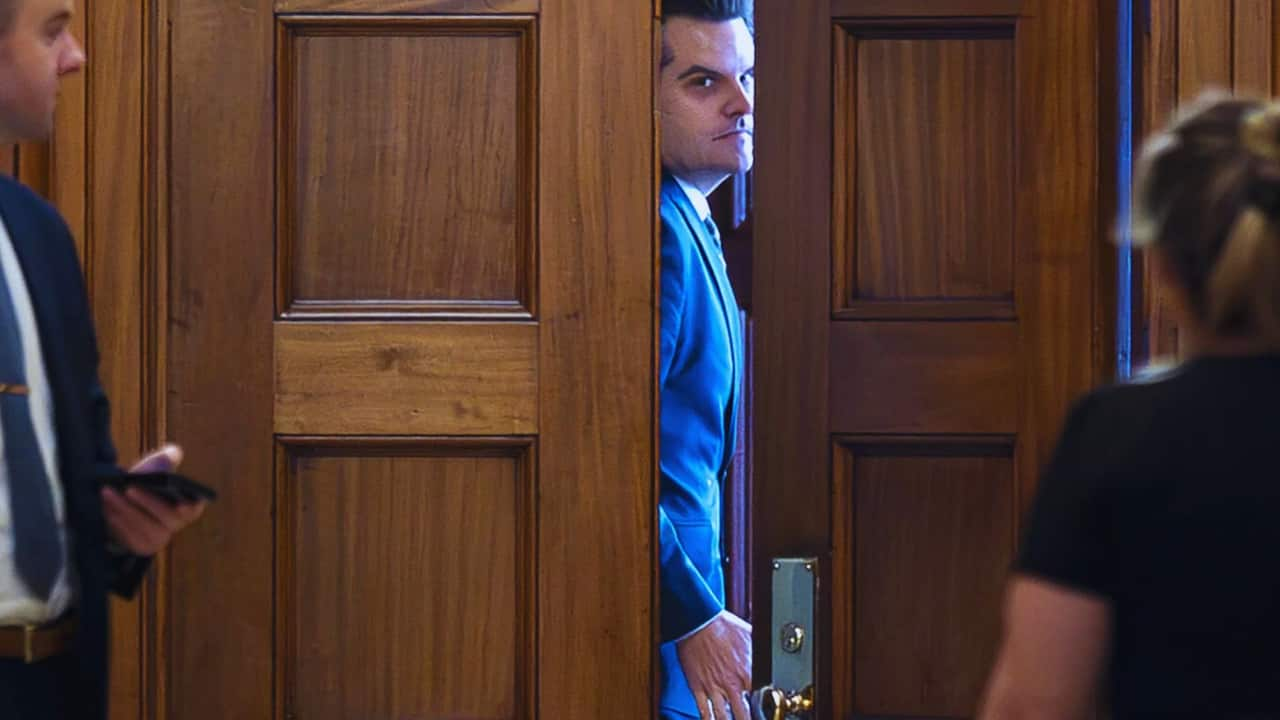Trump’s Judicial Hero at Odds with Recess Appointments Plan
In a surprising turn of events, President-elect Donald J. Trump’s recent proposal to use recess appointments for his Cabinet nominees has raised eyebrows, particularly when viewed through the lens of his self-proclaimed judicial role model, the late Justice Antonin Scalia.
Scalia’s Stance on Recess Appointments
Justice Scalia, whom Trump has repeatedly praised as “a remarkable person and a brilliant Supreme Court justice,” held a markedly different view on recess appointments. In 2014, Scalia delivered a scathing critique of attempts to bypass the Senate’s constitutional role in the appointment process:
- He deemed such attempts “ignoble” and accused the majority opinion of creating “just made up” rules.
- Scalia argued that the recess appointments clause was an anachronism, relevant only in an era of horse-drawn travel.
- He emphasized that the Constitution’s purpose was to ensure efficient governance and maintain checks and balances.
Constitutional Implications
The Constitution’s recess appointments clause states, “The president shall have power to fill up all vacancies that may happen during the recess of the Senate”. Scalia’s interpretation of this clause was strict:
- He believed “the recess” referred only to breaks between Congress’s formal annual sessions.
- He argued that the clause applied solely to vacancies arising during those breaks.
This interpretation would nullify Trump’s current plan to use recess appointments for Cabinet nominees.
Potential Supreme Court Reception
Given the current composition of the Supreme Court, Trump’s recess appointments plan might face significant challenges:
- Three justices who joined Scalia’s 2014 opinion remain on the court: Chief Justice John G. Roberts Jr., Justice Clarence Thomas, and Justice Samuel A. Alito Jr.
- The three newer conservative justices, including Scalia’s former clerk, Justice Amy Coney Barrett, have expressed admiration for Scalia’s jurisprudence.
Senate’s Role in Cabinet Confirmations
The recent withdrawal of Matt Gaetz as Trump’s nominee for attorney general underscores the Senate’s continued “advice and consent” powers in vetting and confirming Cabinet nominees. However, Trump’s rapid-fire Cabinet announcements and unconventional picks have left many Republican senators struggling to respond.
Challenges Ahead
Trump’s desire to fill his administration with loyalists willing to disrupt Washington’s status quo will likely result in frequent clashes with Congress, even with a Republican majority. Several of his nominees, including Pete Hegseth for defense secretary and Robert F. Kennedy Jr. for health and human services, face potential hurdles in the confirmation process.
Constitutional Showdown Looming
The tension between Trump’s ambitions and the Senate’s constitutional role is palpable. While some Trump allies press senators to confirm his nominees, others explore unprecedented scenarios to circumvent the confirmation process. These include:
- Using recess appointments by having the Senate willingly adjourn.
- Attempting to create a “disagreement” between the House and Senate to trigger a presidential power to adjourn Congress.
However, constitutional experts warn that such moves would be unprecedented and potentially unconstitutional.
As this situation unfolds, it’s clear that the coming months will test the boundaries of executive power and the Senate’s resolve to maintain its constitutional prerogatives. The ghost of Justice Scalia looms large over these proceedings, his words serving as a stark reminder of the delicate balance of powers enshrined in the Constitution.
